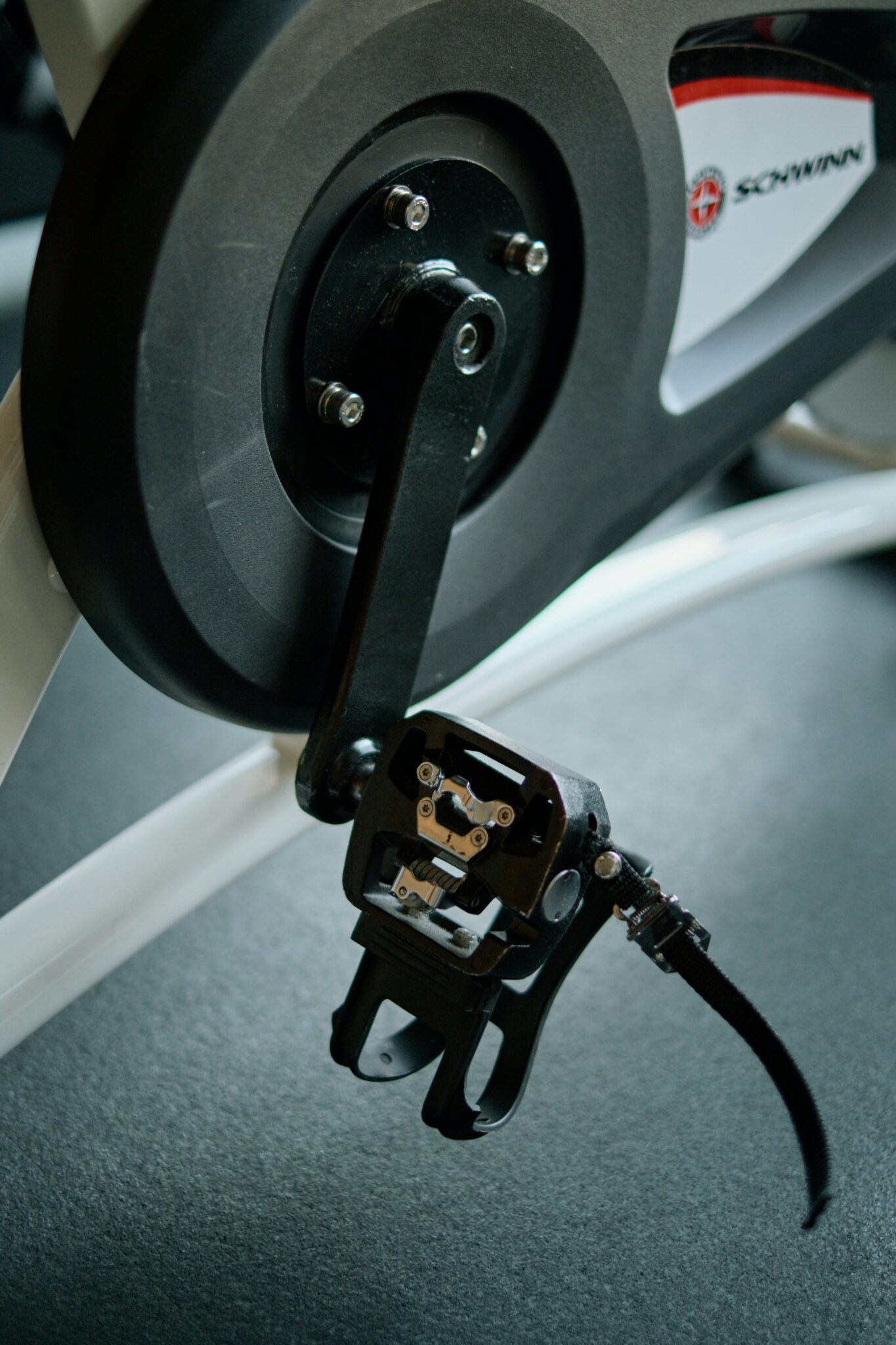Is Spinning Good for Menopause?
Spinning was THE exercise in the 90’s and early 00’s! It is safe to say that spinning has continued to...
Published on: 01/11/2024 | Last updated on: 04/11/2024

Menopause is a phase that every woman will go through in her lifetime, yet it comes with challenges that can touch every aspect of daily living, including the workplace. Shockingly, one in six women experiencing menopause have thought about leaving their jobs due to the struggles it brings. This is a reminder of why workplace adjustments and open communication are essential to support women during this transition.
In this article, we guide you through the process of approaching your boss to discuss menopause and requesting the necessary workplace adjustments to manage menopause effectively at work. We even include a free Menopause Adjustments in the Workplace template letter to take the worry and guesswork away.

Menopause can bring a range of symptoms that may impact your ability to perform at work:
And more.
These symptoms can impact the quality of your work, the need for frequent breaks and other work-specific challenges. It is important that you understand your symptoms, and then begin planning to communicate these challenges with your boss. This is the first step toward finding a solution.
First things first, you need to prepare.
Take a look into the current work policies. Is there already a Menopause policy established? If so, get familiar with this.
Depending on what the policy says, or if there even is one, the next step is to research workplace discrimination laws and rights that protect you. After all, in the UK, menopause is recognised as a workplace issue under the Equality Act 2010.
Doing this ensures you are up to date with current company information and you can advocate for yourself if necessary.
Start keeping a record of how your symptoms affect your work tasks. This will allow you to identify exactly what you need, and identify patterns and this documentation will support your case when the time comes to discuss accommodations.
We’ve prepared a template letter that:
The template only requires your personal information to be added (your name, position within the company, menopause symptoms and any adjustments you feel would benefit you in the workplace.
Click here to download the template letter (it is completely free!)

Having a conversation like this with your employer can be daunting; especially when the topic of menopause still feels rather taboo.
Despite this, you need to know that it is your right to have adjustments put in place. You deserve to have a workplace that is as comfortable as possible whilst you make your way through the menopause transition.
Advocating for yourself is scary, but you could also be changing the lives of women around you and that come after you.
You can do it!
Where we got some of our information from for this article
For more information please explore the links below.


Spinning was THE exercise in the 90’s and early 00’s! It is safe to say that spinning has continued to...


Perimenopause, the 'warm-up' to menopause...but what is the difference? In this article, we answer that question for you and shed...


Haven’t been to the loo in a few days? Feeling backed up? You might be surprised to know that constipation...
You must be logged in to post a comment.